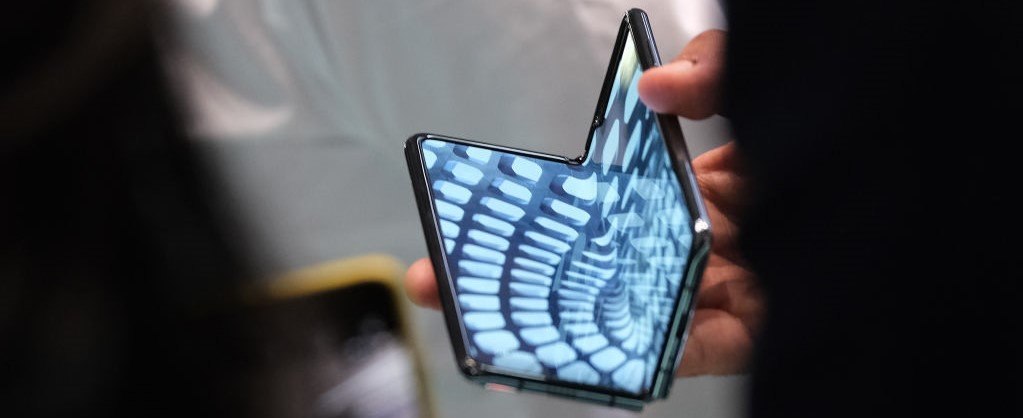
Tech and telco: Trends and insights round-up for 2021
In this piece, we’re rounding up the highlights of a year of tech and telco insights and trends.
2021 brought a new phrase into the tech world: non-fungible tokens (NFTs). A YouGov survey from the first quarter of 2021 found about a third of Americans had heard of non-fungible tokens (34%), but only 12% knew what the term means. Th segment who have heard of – and understand – NFTs are more likely to skew younger and they're more likely to be men, by a dramatic margin (62% vs. 38% women).
This year also brought continued push for a “right to repair”, to which Apple responded in November with an announcement of its self-repair service. Compared to the other 16 markets in which YouGov conducted research, consumers in India are most likely to opt to repair a broken device, rather than replace it. About seven in ten (71%) agree with the statement “When a piece of technology I own breaks, I would prefer to repair it, rather than replace it." Similar attitudes emerge in the United Arab Emirates (65%), Poland (65%), and Indonesia (63%).
Speaking of iPhone, YouGov intelligence shows how Buzz around the iPhone brand lagged this year compared to previous launches. Using 44 days prior to launch date as a baseline, we see Buzz around the phone rose by just over 4% in the days following launch (which was Sept. 24 this year), but stagnated in the following weeks. This marked one of the least impactful launches of the last eight years. This may be attributed to the fact that that iPhone 13 was an incremental update that didn’t include substantial feature additions or physical design changes.
This year’s iPhone iteration stands in stark contrast to 2020, when iPhone saw the highest uplift in Buzz in recent memory, likely because it was the first 5G-enabled smartphone. A YouGov whitepaper released this year revealed that while 5G may be the future of connectivity, it has yet to catch on at scale, with massive variation in adoption and attitudes across global markets. The report examines the demographics, behaviors, and preferences of potential 5G customers, and attitudes towards 5G products broadly.
Mid-way through the year, YouGov published its definitive list of the top tech brands around the world. Tech giant Samsung, most ubiquitous in the mobile phone and television spaces, is the leader of our list this year. While the brand may be better known for its mobile phones and TVs in parts of the western hemisphere, its place as a major supplier of innovative domestic appliances in other parts of the world sees it capture our number one slot this year.
Part-way through the year, Microsoft announced Windows 11 featuring an updated user interface, widgets, and Android app integration as a free upgrade for current Windows 10 users. At the time, our data shows one in five (20%) of current Windows users plan to update within six months and 7% within 12 months. Results also showed 5% will wait a year or longer before upgrading and 13% do not plan to update their operating system at all.
Apple also made big waves in personal computing this year with its next-generation of MacBook Pros. Apple seems to have struck a lot of right chords with its latest offering. It has existing Mac owners excited, with 28% of MacOS users in the US – and 25% in the UK – telling us they were likely to pick one up in the next 12 months. Is it enough to woo Windows loyalists? Not in great quantities, but 6% of those users in US and 6% in the UK say they’re likely to pick up a MacBook Pro in the next year.
As we look to 2022 and beyond, there’s no doubt artificial intelligence will play a key role in any technological advancements. The technology is used to help tackle climate change, explore space, and develop treatments for cancer. But how do consumers really feel about AI? YouGov’s International Technology Report 2021 is a global study that provides a comprehensive view of the current state of consumer beliefs toward AI and automation to help private and public sector organizations plan, all the while acknowledging and empathizing with human aspirations and concerns around the tech.